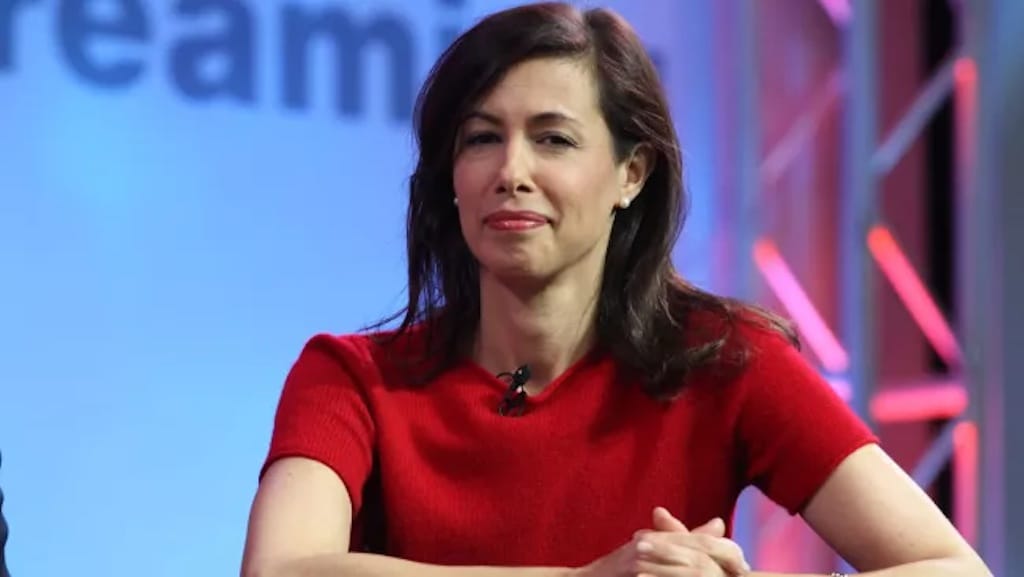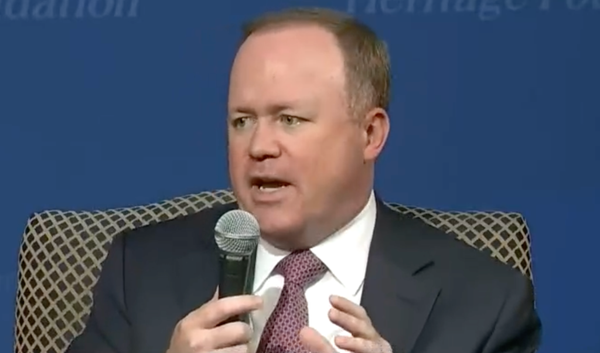FCC Eliminates Emergency Broadband Benefit Enrollment Freeze
The commission says an enrollment freeze is no longer necessary as the Infrastructure Act’s Affordable Connectivity Program takes effect.

The commission says an enrollment freeze is no longer necessary as the Infrastructure Act’s Affordable Connectivity Program takes effect.

WASHINGTON, November 29, 2021 – The Federal Communications Commission said Friday it is axing rules requiring a freeze on enrollment at the initial end of the Emergency Broadband Benefit program.
That’s because the Infrastructure Investment and Jobs Act, signed into law two weeks ago, extends the program indefinitely and rebrands it to the Affordable Connectivity Program. The FCC is currently gathering comments on how it should manage the transition to the new program.
The freeze was initially planned to avoid claims volatility and to allow for more certain financial projections in the EBB’s final months when funds were running low. Based on current budget projections, there is no longer concern that the EBB will run out of funding before the Affordable Connectivity Program takes effect, the FCC said.
In its announcement on Friday, the FCC also waived requirements for customer notice on the end of the EBB, which mandated 15- and 30-day consumer notices.
These mandates were eliminated to prevent any alarm or confusion over the EBB Program ending, as consumers will continue to receive service for 60 days following the program’s end due to provisions of the IIJA.

The two agreed companies should be able to decommission infrastructure in exchange for fiber deployment commitments.

Sen. Marsha Blackburn, R-Tenn. and FTC Chairman Andrew Ferguson both wrote letters to Cook with concerns about Apple News.

Fines are the agency’s main enforcement mechanism.

The project will allow expansion of data centers, artificial intelligence and more.
Member discussion